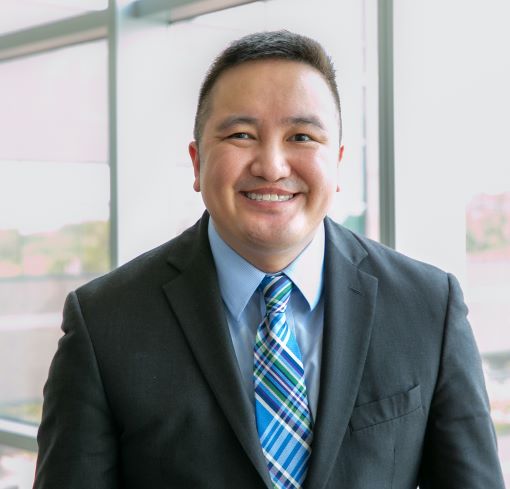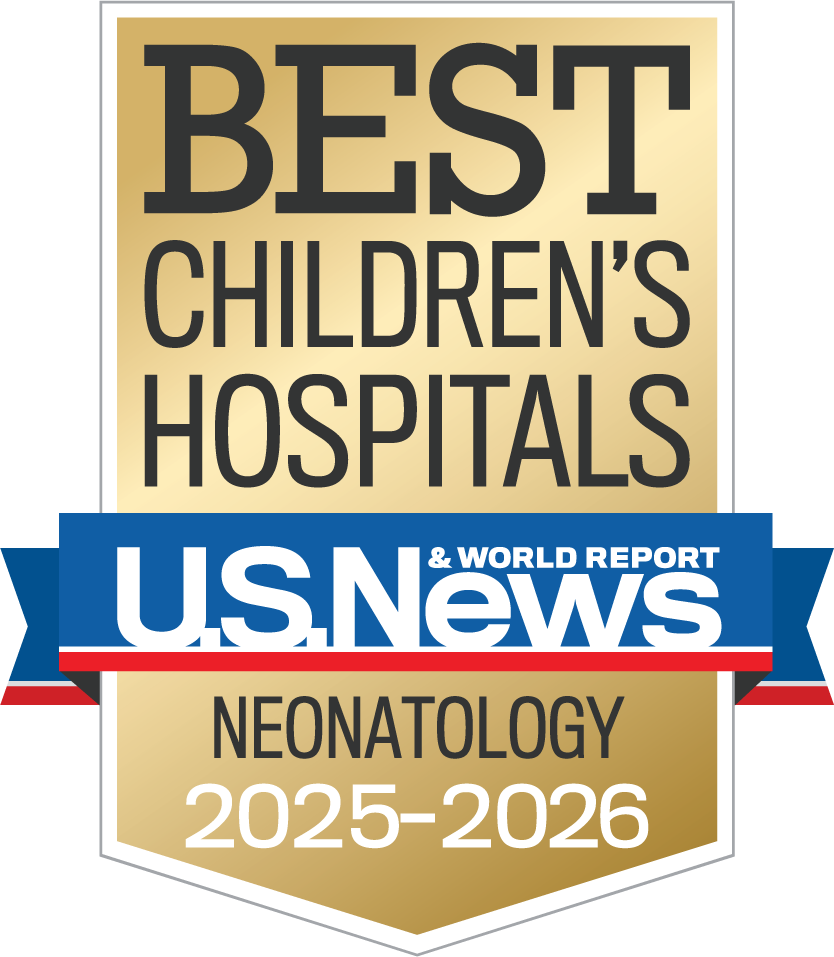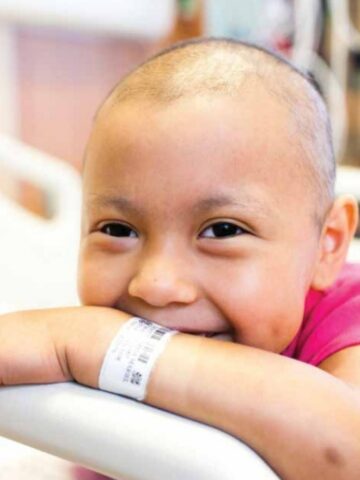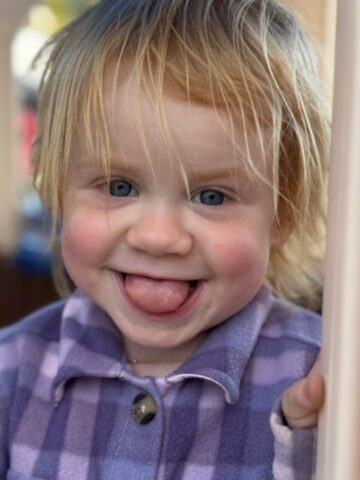As a recently recruited young physician scientist on CHOC’s neonatal intensive care unit (NICU), Dr. Grant Shafer is maintaining a busy clinical schedule while settling into a new life in Southern California.
And Dr. Shafer, who joined CHOC on Sept. 1 after finishing a fellowship at Texas Children’s Hospital (TCH), arrives here with some pioneering result already under his belt – with more to come.

In one of the first such large studies of its kind in neonatology, Dr. Shafer is researching the prevalence of diagnostic errors and the ethical responsibilities of providers to disclose such errors to families of impacted NICU patients.
“Studying and quantitating diagnostic errors is a relative new science in the field of neonatology,” said Dr. Vijay Dhar, medical director of CHOC’s NICU, and division chief, Neonatology, at CHOC/UCI. “Grant has been an outstanding addition to our growing young faculty in the division.”
In March 2020, Dr. Shafer, with a TCH colleague, authored the paper “The Ethics of Disclosing Diagnostic Errors: What is the Researcher’s Duty?” that was published in JAMA Pediatrics, a monthly peer-reviewed medical journal of the American Medical Association.
And in late October, Dr. Shafer was one of eight former distinguished fellows who spoke on a panel before a global international audience at the Society to Improve Diagnosis in Medicine’s (SIDM) Diagnosing Errors in Medicine 13th Annual International Conference.
“To me, this research is interesting because it’s about how we provide the care we provide,” Dr. Shafer said. “It’s the kind of research that I really enjoy. Some people enjoy benchwork, some people enjoy working in the lab, some enjoy clinical studies.
“I really enjoy research that looks at the systems in which we practice medicine and how that impacts the care we provide, and diagnostic errors encapsulates all of that,” he added. “But it’s a field that we really haven’t studied yet. There’s just not a lot of information out there. All the data we’re finding is new to everyone.”
Earned a master’s in English Literature before becoming a doctor
Dr. Shafer, whose parents are from Hawaii, grew up in Denver. His mother, Andrea, is a retired school administrator and his father, Duane, worked in finance. He has a younger sister who runs a CrossFit gym in Kansas City with her husband.
Dr. Shafer earned bachelor’s and master’s degrees in English Literature from Wayne State University in Detroit. He went on to earn his medical degree from the University of Cincinnati College of Medicine and completed his pediatrics residency at University of Texas Southwestern.
At Baylor College of Medicine at TCH, Dr. Shafer completed a neonatal-perinatal medicine fellowship and, over the last year, also completed a second research fellowship in diagnostic excellence through SIDM.
In his JAMA Pediatrics paper, Dr. Shafer and co-author Dr. Frank X. Placencia probed the duty of a researcher performing retrospective medical reviews to disclose diagnostic errors. They concluded that because researchers are outside the patient-clinician relationship, the researcher is not ethically obligated to disclose a diagnostic error directly to a patient with whom they have no formal relationship.
However, Drs. Shafer and Placencia concluded, there is potentially a responsibility to discuss the error with the treating clinician, who then assumes the responsibility of contacting the patient.
Elaborating on this ethical framework during his SIDM panel presentation, Dr. Shafer noted many researchers feel uncertain how to proceed when they come across a diagnostic error that potentially could cause harm to a patient. Because of the sensitive nature of the information, Dr. Shafer recommended that it be delivered to the clinician in a structured setting.
Dr. Shafer said with hard numbers about diagnostic errors in NICUs still years away, a lot of research remains to be done.
“It’s widely acknowledged that diagnostic errors occur in the NICU, but we don’t know how often or how much harm they are causing, which means we can’t try to make things better,” he said.
And making things better – building on CHOC’s already sterling reputation in the field of neonatology — is the whole point, he added.
“I think this is the right place and right time to really push this research forward,” Dr. Shafer said. “I’m humbled and excited to have the opportunity to provide clinical care to babies here in the NICU at CHOC as well as research how we can continue to improve the diagnostic care we provide moving forward.”

CHOC was named one of the nation’s best children’s hospitals for neonatology by U.S. News & World Report in its 2025-26 Best Children’s Hospitals rankings.




